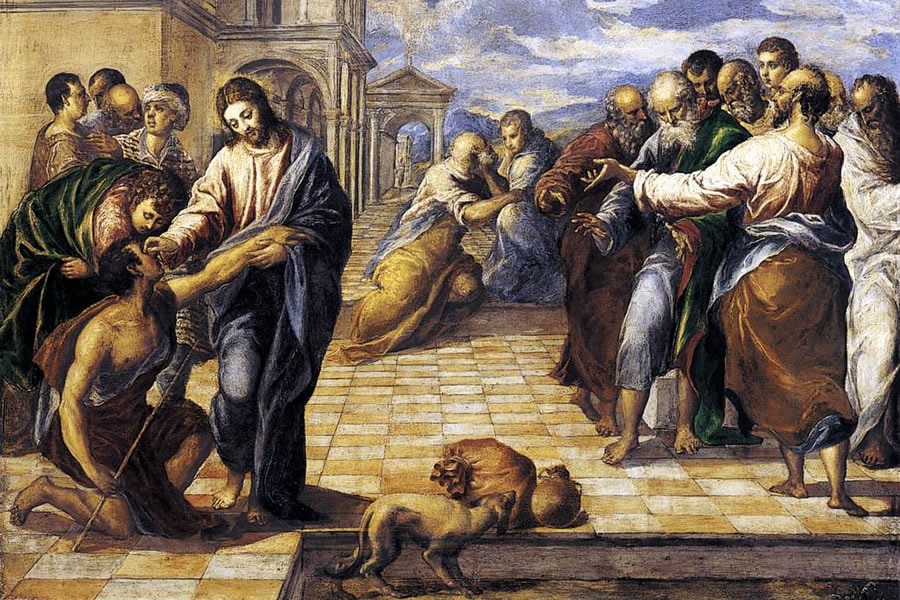
Light as Illumination and Judgement
03-15-2020Weekly ReflectionBeginning in John 7, when Jesus went to Jerusalem for the Feast of the Tabernacle, He became a marked man, His presence created different reactions. Many people are starting to believe that He is the Messiah but they cannot reconcile the fact that He is from Galilee. Because Scriptures said that the Messiah will come from Bethlehem, the City of David. If only they knew that He was indeed born in Bethlehem. In John 8, Jesus had to leave the temple because of the Jewish leader’s instigated threat to kill Him. John 9 builds on this contrast of pros and cons with Jesus with the account of the blind man. After the incident of the woman caught in adultery, in Jn. 8:12 Jesus says, “I am the light of the world...” The whole of Jn. 9 presents what it means for Jesus to be “light of the world.” Two key concepts of His being the “light”, first, He revealed Himself as the light and life. Second, the presence of Jesus creates a sense of standard, an occasion for judgement, His good Words and Deeds present a contrast to what evil men do.
Reflection:
St. Thomas Aquinas provides us a theological framework to the “cause of Faith.” While the blind man and the Pharisees are challenged by the same miracle, he believed and they did not. This kind of phenomenon is not unique in Jesus’ time, its in fact more common in present times. Many people encounter Jesus through retreats, sermons, teachings and examples of the life of the saints, some people are moved but others are not. St. Thomas explains this phenomenon in Summa Theologica 2-2, q. 6, a. 1., there are two concepts necessary, the external cause (ex. retreat, teachings, example of holy life) and the internal cause (the grace of the Holy Spirit).
“As regards, man’s assent to the things which are of Faith, we may observe a twofold cause, one of external inducement, such as, seeing a miracle, or being persuaded by someone to embrace the faith: neither of which is sufficient cause, since of those who see the same miracle, or hear the same sermon, some believe and some do not. Hence, we must assert another internal cause, which… is from God moving man inwardly by grace… To believe does indeed depend on the will of the believer: but man’s will does need to be prepared by God with grace.”
St. Thomas is simply saying that faith is a “gift and a task”: the reception of faith needs both the external and internal cause. The contents of faith and witness of faith come from outside (the task), these external causes need a receptive heart and soul, which is first predisposed by the internal cause (the gift). The internal cause the grace of the Holy Spirit from the Father, predisposes the person to receive the faith. The disciplines of Lent: prayer, fasting, and charity help our soul to receive or predisposes the soul to receive the internal cause, the actual grace from God.
BACK TO LIST